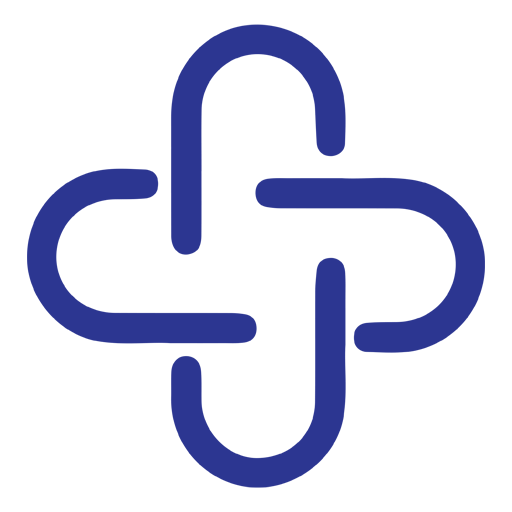Milder weather in the Northern Hemisphere coincides with an acceleration in COVID vaccinations in selected countries, the U.S. notable among them. So many appear to be emerging from their hibernation seeking (somewhat prematurely, according to the CDC) a return to pre-contagion lifestyles.
While it’s too early to let down our guard, it’s not too early to try and envision the post-pandemic environment. In fact, our foresight now will be critical to effectively maneuvering in a somewhat transformed world once we finally get the pandemic behind us. As the renowned technologist, Vivek Wadhwa, noted in one of my recent podcasts: “The pandemic is a dress rehearsal for the future.” So we need to try to re-position those kaleidoscopic pieces of pre-pandemic shattered glass to make some sense of the road ahead.
As we scan the remainder of the year and beyond, it’s worth observing that there are few fundamentally new factors at work. Instead, we need to account for a shift in the speed of several pre-pandemic drivers shaping the outlook. Many of them, including some that appeared only as faint signals before the virus reared its ugly head, are now on fast forward. So the trick is, paraphrasing the Wayne Gretzky metaphor, to imagine where the puck is likely to be rather than to skate to where it is now.
Easier said than done. Considered together, these changes—from incremental to systemic—will be apparent in most everything we do, personally and professionally. How we socialize, learn, shop, eat, travel, work, invest, and even how we vote will be changed in one way or another in the foreseeable future. Ask any retailer if consumer behavior has changed during the pandemic. Ask any builder or realtor if the average home buyer’s preferences have changed. Talk to any travel company or tourism-destination manager about how the pandemic has transformed re-connecting them with their customers. Look at how academic institutions are adjusting their learning rubrics. Engage any CEO in a discussion about how the pandemic is shaping their employee work-life expectations. Take a look at the altered state of political dialogue around the purpose and role of government.
In the face of such sweeping change, the biggest mistake we could possibly make is assuming we’ll soon return to some sense of pre-pandemic normalcy. The reality will be a world apart—a new “world out of balance,” the title of a book I wrote from a somewhat different vantage point more than 15 years ago. The current challenge is to sort out those likely lasting impacts of the COVID-19 pandemic, to acknowledge the historical discontinuity they represent, and to reach careful conclusions as to how we should respond. To miss these transformations would relegate one to irrelevancy.
The Mayo Clinic’s President and CEO, Dr. Gianrico Farrugia, shared a fascinating glimpse of the future recently when he and I discussed how COVID-19 has turbocharged exciting new advances in the delivery of health care. From the earliest surge of the coronavirus, Mayo successfully experimented with remotely managing hospital emergency rooms around the country, relieving pressure on systems not set up for the mushroomed case load. What’s more, the ongoing demands of the pandemic have also advanced Mayo’s strategic relationships with partners like Google/Alphabet. Data-driven medical innovation is expanding geometrically, allowing Mayo to provide advanced virtual care with AI-enabled digital diagnostics and remote service delivery. Mayo has also been a pioneer in bringing the best of medical care into the home, with all the necessary collateral services—food, linens, visiting nursing—as part of a transformational hospital-at-home initiative.
From virtually every vantage point, the pandemic has forced us to learn the potential of these new technologies. There’s no going back to the status quo ante. Does anyone seriously think business travel will expand at the same pace as in the past when we now know we can “connect” to meet many of our engagement needs remotely? Does any employer believe all of his/her employees will choose to return to the physical workplace for the kind of full work week most of us thought was de rigueur? Would any patient prefer to travel to their doctor’s office and wait for a consultation for those occasions when there’s no need for an in-office visit, and one could simply consult with their health care provider via video conference—from the comfort of their own home? Will the same number of customers choose to go to the movie theater when they could instead enjoy limitless entertainment options beamed directly to them wherever (and whenever) they wish to enjoy them? Surely there will be something of a nostalgic hankering to return to the “good old days,” but with some very new post-pandemic, technologically-enabled twists.




